It is to the credit of a group of parliamentarians that an independent cross-party inquiry has been convened into the Australian response to the pandemic.
Absent a Royal Commission, it is only through such an inquiry that a peoples’ national pandemic contingency plan can emerge.
Hopefully it will not be ignored as former health minister Tony Abbott’s was, despite, as we noted here, his work being internationally acclaimed.
Any assessment should begin by burying the myth that in responding to the pandemic, Australia did relatively well.
Occupying a whole continent, Australia enjoys the unique advantage of being the world’s largest (remote) island nation.
Our death rate should be similar to New Zealand’s, 19 deaths per million (DPM). Taiwan, close to where the virus emerged and hardly remote, comes in at 35 DPM. But Australia’s was many times these, 218 DPM.
While total Australian deaths should have been about 780, the Australian total to date is 5,665.
Worse, for too many, this death was too often a lonely departure resulting from a cruel and unjustified policy of depriving the dying, in their final hours, of the comfort of children and others close to them.
On any fair assessment, the Australian response to the Wuhan virus has been secretive and arbitrary. In terms of costs and deaths, it has been a disaster.
Apart from closer control of the international borders, at times inadequate ─ as we saw with the Ruby Princess ─ almost every decision taken by the ruling politicians was wrong.
They set aside what was surely their overriding duty, to protect the easily identifiable vulnerable. Apart from advice on hygiene and distancing and ensuring early treatment was available, their role should have been to allow the rest of the nation to get on with their lives in a free society. However, that was the last thing the politicians would tolerate.
As the distinguished American academic Michael Rectenwald observed in a recent lecture at Hillsdale College, ‘hitherto democratic Western states (he particularly singles out Australia) have been ‘transformed into totalitarian regimes modelled after China’. This, he says, was done with the goal of having economies operate under ‘capitalism with (communist) Chinese characteristics’, a two-tiered economy with profitable monopolies and government on the top and socialism for the majority below.
This led to the probably unlawful imposition of that draconian Chinese communist remedy, the lockdown. The sheer inutility of this is demonstrated by the fact that the state with the longest lockdowns, Victoria, was the very one with the largest number of deaths, to date 2,675.
This also led to an unhealthy obsession not only with invariably wrong modelling but also with Big Pharma’s vaccines. Robert F. Kennedy Jr, with the imprimatur of a large team of scientists including two Nobel Prize laureates, describes these in his recent book, The Real Anthony Fauci: Big Pharma’s Global War on Democracy, Humanity, and Public Health as ‘novel, shoddily tested and improperly licensed technology’.
Under US federal law, these vaccines could not qualify for emergency use authorisation if any existing FDA-approved drug proves effective against the same malady. This explains the worldwide campaign by Big Pharma, supported by Big Media and Big Tech, not only against ivermectin and hydroxychloroquine but also against the very idea of early treatment.
Given the lack of proper testing, the immediate effect of the vaccines is still a matter for proper assessment, with the long- term consequences unknown. Accordingly, governments should have concentrated on offering them to the most vulnerable. Instead, their use has been almost universally forced on the population despite federal assurances to the contrary. Proposed crossbench legislation to stop this was blocked, notwithstanding legal advice that the Commonwealth has power to enact this.
In addition, there has been a wholly unnecessary program to vaccinate children with such ‘shoddily tested’ vaccines, despite the fact that children are in no way seriously vulnerable unless they have other medical problems. In fact, statistics indicate that only six people under 20 years of age died of the virus and four of these were under ten.
The draconian Beijing-style policies adopted by governments have had devastating impacts on Australians, in relation to their finances, their work, their businesses, their education and their mental health. The delays in elective surgery and in testing for all sorts of diseases, including cancer, will no doubt have a deleterious effect. The nation and especially future generations have been left a massive debt. None of this was necessary; all of this must be avoided in planning how best to respond to the next virus.
What we saw during the crisis was the culmination of the gradual whittling away under the rigorous two-party system of the protections against the phenomenon about which Acton famously warned, that power tends to corrupt and absolute power corrupts absolutely.
In many ways the best protection against this was in the intricate structure of checks and balances which once characterised our system of government, even in colonial times. But during the crisis the power to make law by regulation was secretive, slipping entirely both from proper audit in the Executive Council to ensure the propriety of the process and proper parliamentary scrutiny.
What we saw everywhere was government at the whim of one or two ruling politicians. One example was the closing down of the NSW construction industry (at a cost of $1.4 billion) apparently without medical advice. As to a solution, it is possible that as with the live cattle ban, much regulatory action will be found after years of litigation to constitute misfeasance in public office. If so, the taxpayers and not the delinquent politicians will pay.
Solutions more immediate than litigation lie in the first place with all Australians when they come to cast their votes. The future pandemic plan must involve the restoration of traditional checks and balances in our system of governance . Further. the dose of direct democracy which we already see in the requirement for a constitutional referendum should be extended as proposed in the petition change.org/takebackyourcountry so that the ruling politicians are henceforth truly accountable, 24/7, to the Australian people.
Got something to add? Join the discussion and comment below.
Get 10 issues for just $10
Subscribe to The Spectator Australia today for the next 10 magazine issues, plus full online access, for just $10.
You might disagree with half of it, but you’ll enjoy reading all of it. Try your first month for free, then just $2 a week for the remainder of your first year.


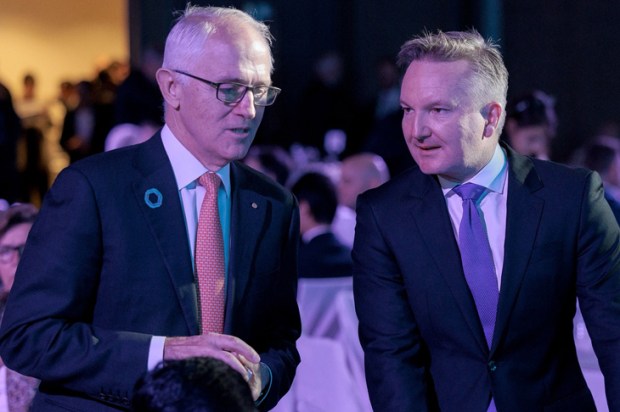
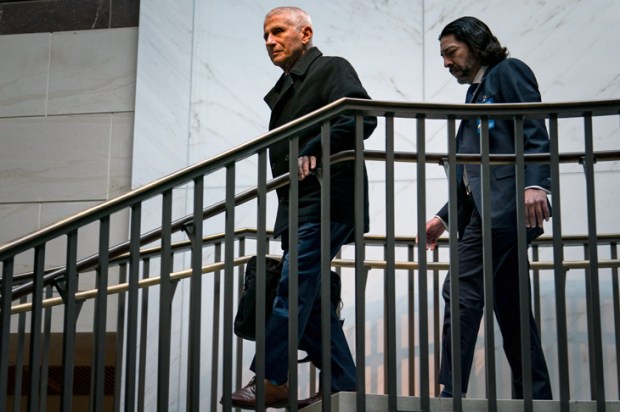
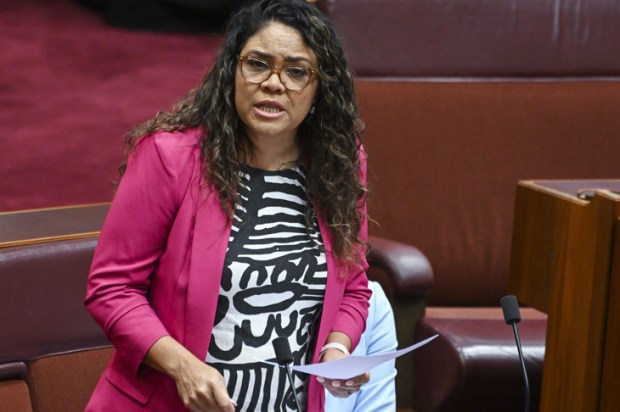
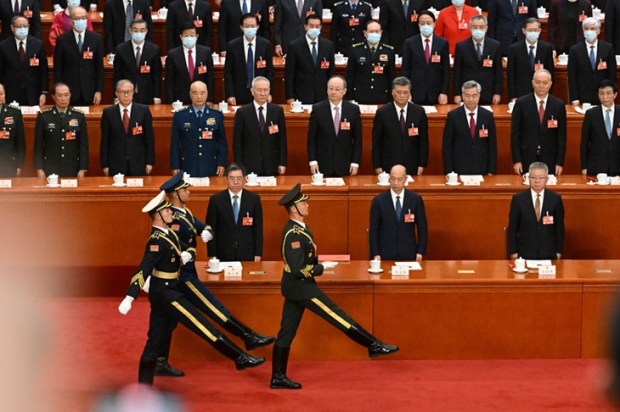
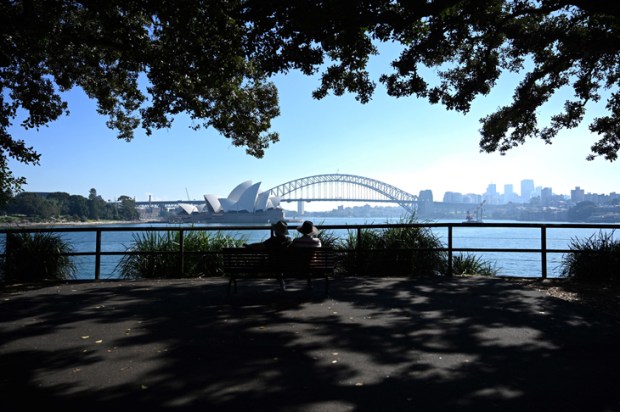







Comments
Don't miss out
Join the conversation with other Spectator Australia readers. Subscribe to leave a comment.
SUBSCRIBEAlready a subscriber? Log in